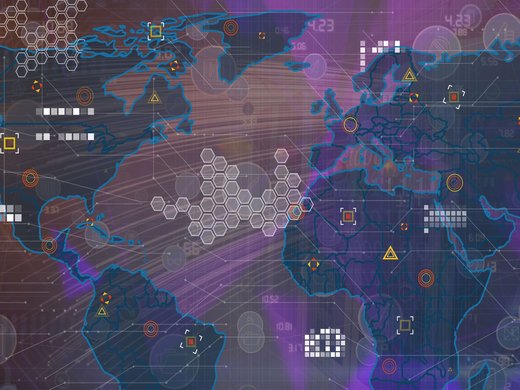When we try to understand cyber governance, it is important to remember how new cyberspace is. The World Wide Web was conceived in 1989, but only in the last 15 years have the number of websites burgeoned, with businesses beginning to use this new technology to shift production and procurement in complex global supply chains. The Internet has become a substrate of modern economic, social and political life. Analysts are now trying to understand the implications of ubiquitous mobility, the “Internet of everything” and the storage of “big data.” The advances in technology have, so far, outstripped the ability of institutions of governance to respond.
Internet governance is the application by governments, the private sector and civil society of principles, norms, rules, procedures and programs that shape the evolution and use of the Internet. Naming and numbering is only a small part of Internet governance, and while Internet governance is at the heart of cyberspace, it is only a subset of cyber governance.


